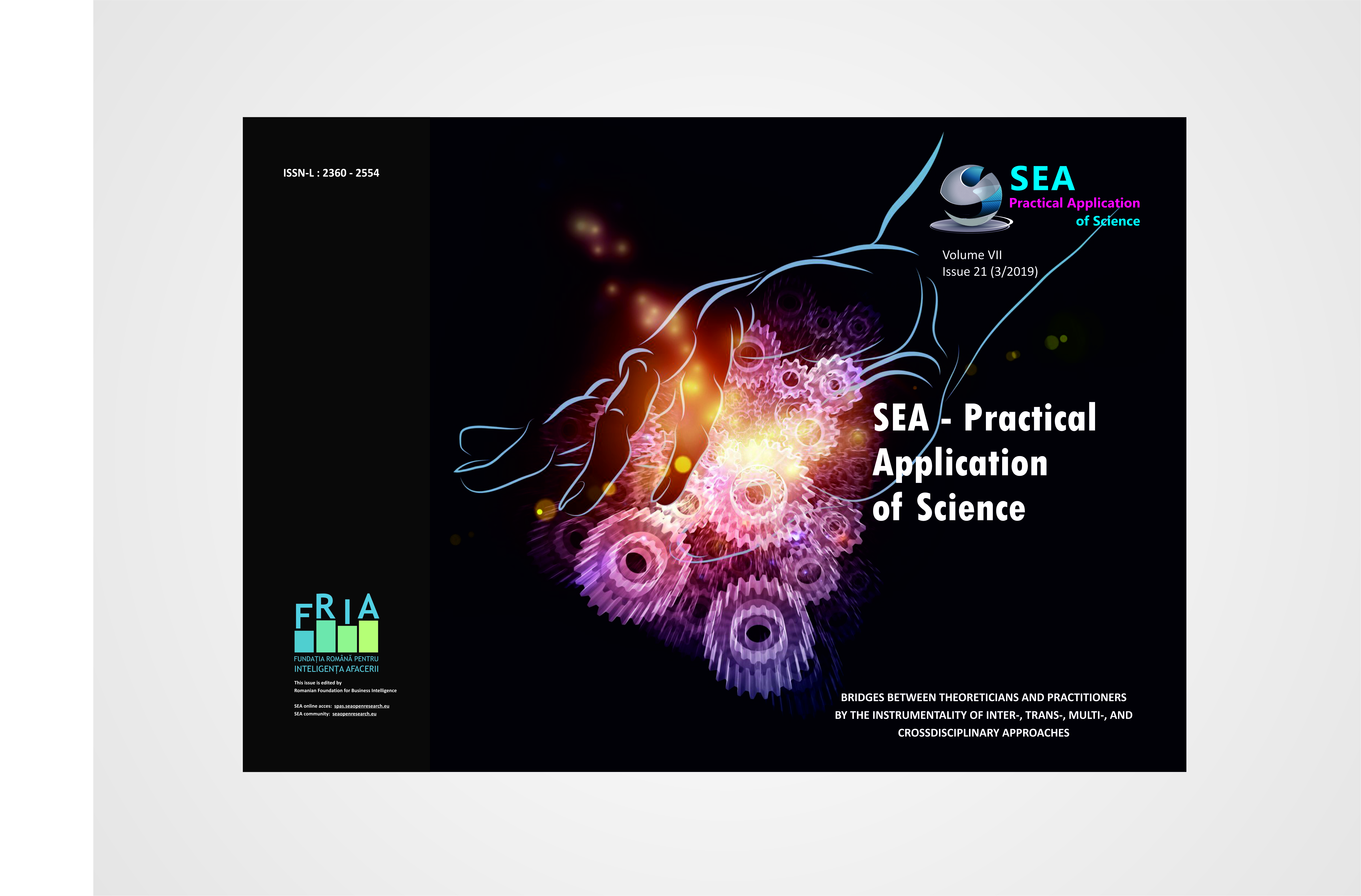SOCIETAL RESILIENCE AND THE ROLE OF EU’S ACTORNESS IN THE EASTERN NEIGHBOURHOOD
SOCIETAL RESILIENCE AND THE ROLE OF EU’S ACTORNESS IN THE EASTERN NEIGHBOURHOOD
Author(s): Anatolie CărbuneSubject(s): Social Sciences, Economy, Business Economy / Management, Sociology, Social development, Policy, planning, forecast and speculation, Economic development, Environmental interactions, Human Resources in Economy, Socio-Economic Research
Published by: Fundatia Română pentru Inteligenta Afacerii
Keywords: Eastern neighbourhood; Actorness; Good governance;
Summary/Abstract: Particularly since the European Union Global Strategy (EUGS) was published in 2016, the EU’s soft power projection in Eastern Neighbourhood revolves around the concept of resilience. EU is promoting the need for building resilience, considering that EaP states are facing many challenges associated with internal vulnerabilities and external threats, ranging from security risks to political uncertainty. However, the EUGS put a special emphasis on societal resilience, as many of states’ weaknesses are linked with internal systemic issues. The aim of this paper is to recount the origins of societal resilience at the core of EU’s narrative towards Eastern Neighbourhood, by focusing on the link between good governance and societal resilience. The concept of societal resilience is analysed in a wider manner; as it involves different dimensions, relevant empirical data is used to support the author’s arguments. With a stronger focus on societal resilience, EU could play a more salient role in exerting its transformative power. More than that, the limits of this approach as a policy goal for long term is discussed. As EU could play only an indirect role, societal resilience can be built only gradually and EaP partners have to actively support the EU in this process. In this context, the connection between good governance, economic development and societal resilience is crucial for long term stability.
Journal: SEA – Practical Application of Science
- Issue Year: VII/2019
- Issue No: 21
- Page Range: 249-254
- Page Count: 5
- Language: English

